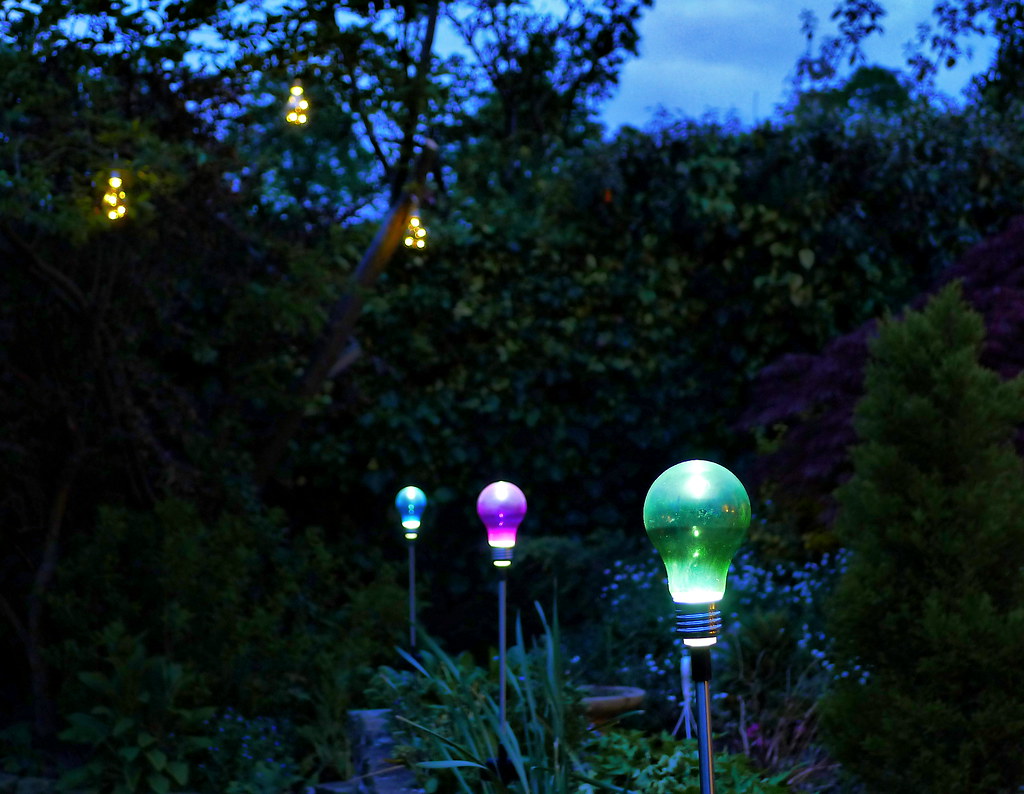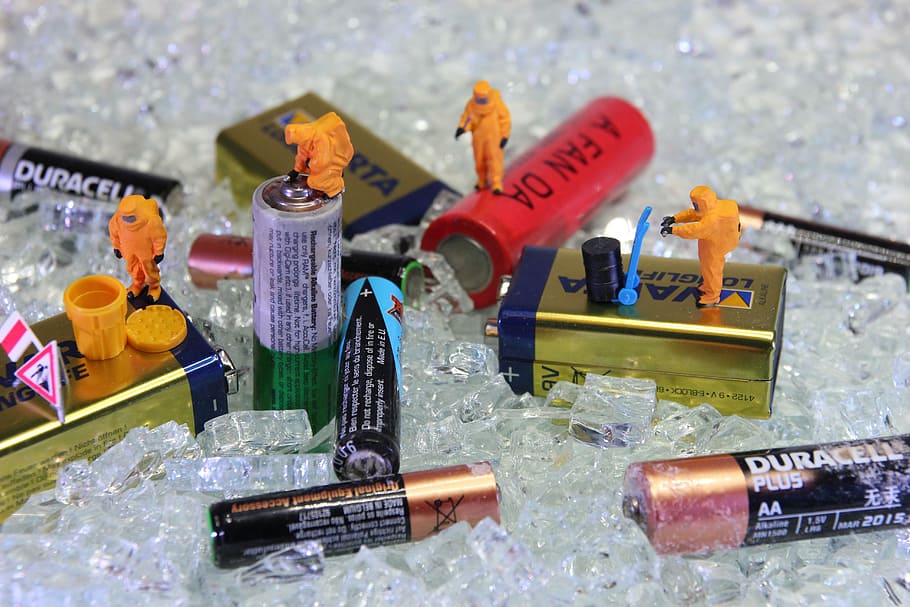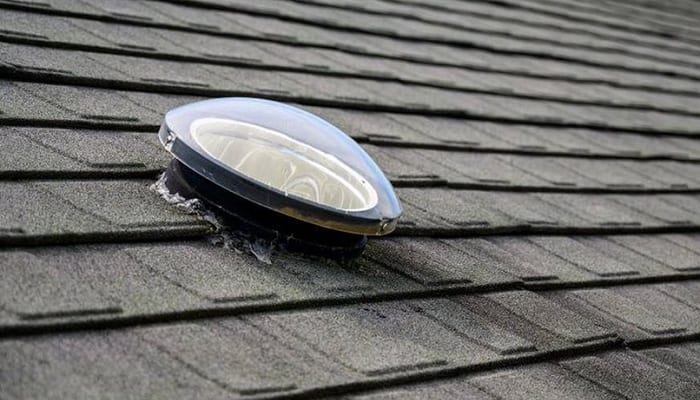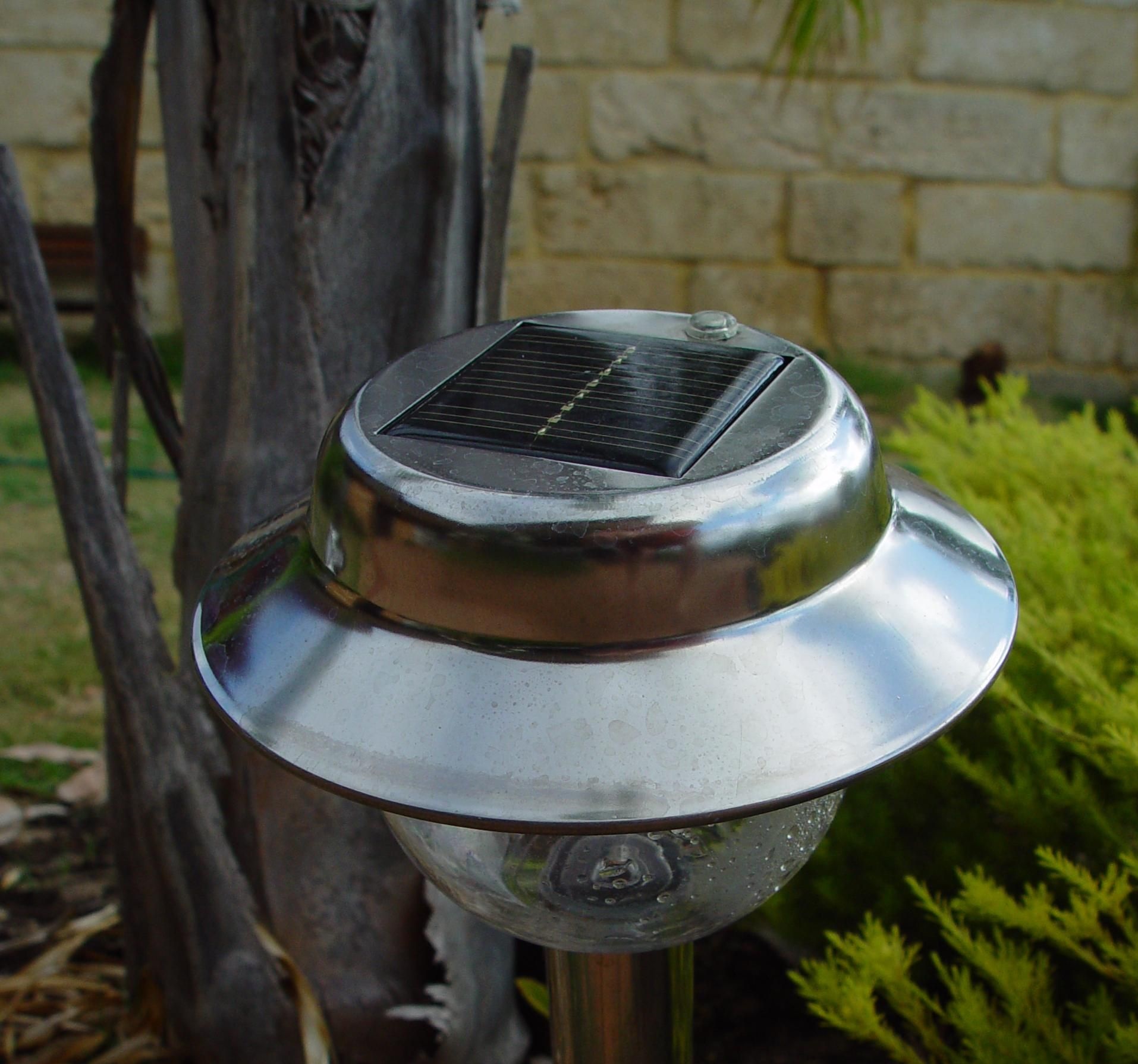It can be really frustrating when your solar lights are not working. Chances are you installed them to keep the lights on during power outbreaks or to reduce electricity bills. When they aren’t working, they’re practically worthless. Luckily, there are ways to fix the most common issues!
Solar lights are great for camping, around the house, or on an RV. If you buy lights from a trusted brand, it’s rare to run into trouble.
In this article, I explain why solar lights sometimes stop working and how you can fix common problems.
Reasons Why Solar Lights Stop Working
Solar Lights Receive Too Little Sunlight
The most common reason your solar lights might not work properly is their sunlight exposure. If they stop working or look dim, you may need to move them to a stop with more direct sunlight.
Solar lights depend entirely on the sun for charging. If their panels aren’t getting enough light, they won’t have enough power stored in their batteries to operate at night.
Remember to also remove dust, leaves, or debris from their panels to ensure nothing blocks their sunlight.
Solar Light Batteries Aren’t Working
Batteries don’t last forever. They come and go, and if your lights aren’t working, they might have left!
You can check if batteries are the problem by replacing them with new ones. You can also use the batteries in another device to see where the problem is.
Solar Light Wiring Is Wet
Marketing pros might say your solar lights are waterproof or resistant, but it’s still possible for rain to slip through a tiny hole.
An indication of water damage is usually flickering lights, but they may turn off completely if there is a big problem with the wiring.
Solar Lights Too Close To Other Lights
Solar panel lights have sensors that enable them to turn on when it gets dark outside.
These lights won’t turn on if the area around them is lit. They need darkness around them to realize that it’s dark and time for them to work.
Solar Light Sensor Is Acting up
Solar panels have many components and can’t turn on without sensors that tell them to. Your lights may have a faulty sensor, or their wiring can be flawed.
You’ll know this is the problem if your lights don’t turn on during the day or night. It may even stay dim during the day and not brighten up when it is dark.

How To Fix Solar Light Issues
Too Little Sunlight
Fixing this problem depends on why your panels aren’t getting enough sunlight. Make sure to check the angle of your solar panels.
If it is because of a tree or something else physically blocking the sunlight, you can try moving the panels to a spot with more sun during the day.
Cleaning your solar panels should be enough to help your panels get more sun if they seem dusty Opening them and giving the glass a good wipe on the inside is good too.
Batteries Aren’t Working Anymore
You can fix this problem by replacing your solar light batteries. Ensure you buy the right size with the correct voltage. This information should be on the battery you took out or the solar light’s instruction manual.
Solar Panel Wiring Is Wet
Don’t just start opening things or pulling on wires if you suspect your solar light wiring is damaged. This can be dangerous! Contacting an electrician or expert is the best option unless you have some knowledge.
If you prefer doing it yourself, you can carefully open the panel and check for water that shouldn’t be there. Doing this will help you see if the wiring needs to be replaced.
Too Close To Other Lights
Try moving your light to an area where it’s really needed. You can try adding something that acts as a barrier next to your solar lights to block out the shine from other lights.
Sensor Is Acting up
Simply replace your sensor or send the whole solar light to its manufacturer. They’ll be able to test it and replace it if they can’t fix it for you.
How To Reset Solar Lights
Not all solar lights are designed the same. Some have simple switches behind their light, while others have wires that need to be disconnected and reconnected when you want to reset them.
Here’s what you should do if you don’t see a button clearly marked with the word ‘reset’:
Read The Instructions
All solar lights you purchase should come with a booklet that includes the instructions and specifications of the product. The reset instructions should be in here.
Google Search
Google doesn’t always know best, but manufacturer websites are trustworthy. If you type the brand and make of your solar light into the search bar, the instruction manual should be one of the results.
If the manual doesn’t pop up, you can just add some keywords to your search like ‘reset’ or ‘instructions.’ You’re sure to get an article or YouTube video with simple steps to reset your solar lights.
Contact The Manufacturer or Supplier
Contact the solar light manufacturer or supplier if you’ve tried all the options above but still can’t figure out what to do. The contact details or at least the name of the manufacturer should be on the solar light packaging. You can mostly call or email them.
In Conclusion
It’s no fun when your solar lights start acting up. You typically notice this at night when there isn’t much you can do about it. If you have no other lights, you’ll be left in the dark!
Solar lights are a great invention, but not without flaws. Faulty manufacturing or external issues could cause them to stop working without warning. You should always keep the most common reasons for this and their solutions in mind to make fixing your lights easier.
I hope you enjoyed this article and found it helpful. If you have any unanswered questions, pop them in the comments.



